What are the vital organs of the human body?

A vital organ are those that a person needs to survive, it is not possible to live without them, a problem with any of these organs can become an imminent threat to life.
Let’s see what are the 5 vital organs of the human body:
- Brain: The control center of the body, it forms the core of the central nervous system by creating, sending, and processing nerve impulses, thoughts, emotions, physical sensations, and more. It is so susceptible that the skull must enclose the brain, protecting it from injury.
- The heart is the most important organ of the circulatory system helping to carry blood to the body, it works with the lungs to add oxygen to the blood and pump this newly oxygenated blood through the blood vessels and around the body. It has an electrical system inside it that helps to ensure through electrical impulses that it beats with a constant rhythm and an adequate frequency, the heart rate increases when the body needs more blood, such as during intense exercise and decreases during times of rest.
- The lungs, as mentioned above, work together with the heart to oxygenate the blood by filtering the air we breathe and then removing excess carbon dioxide in exchange for oxygen.
- Liver this is the most important of the metabolic system, it helps convert nutrients into usable substances, detoxifies certain substances and filters blood coming from the digestive tract through a vein before it joins the venous bloodstream of other parts of the body. Oxygenated blood reaches the liver through an artery.
- Kidneys help filter the blood and remove waste from the body. When a person is experiencing severe kidney failure, dialysis can filter the blood until you receive a kidney transplant or your kidney recovers some function.
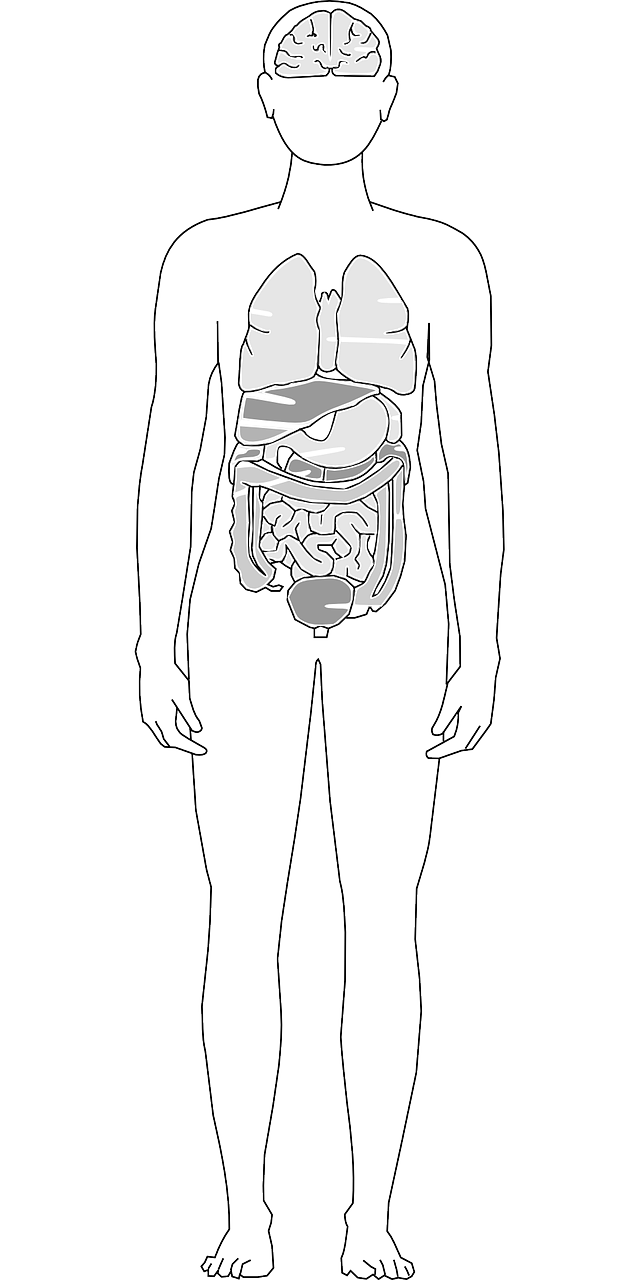
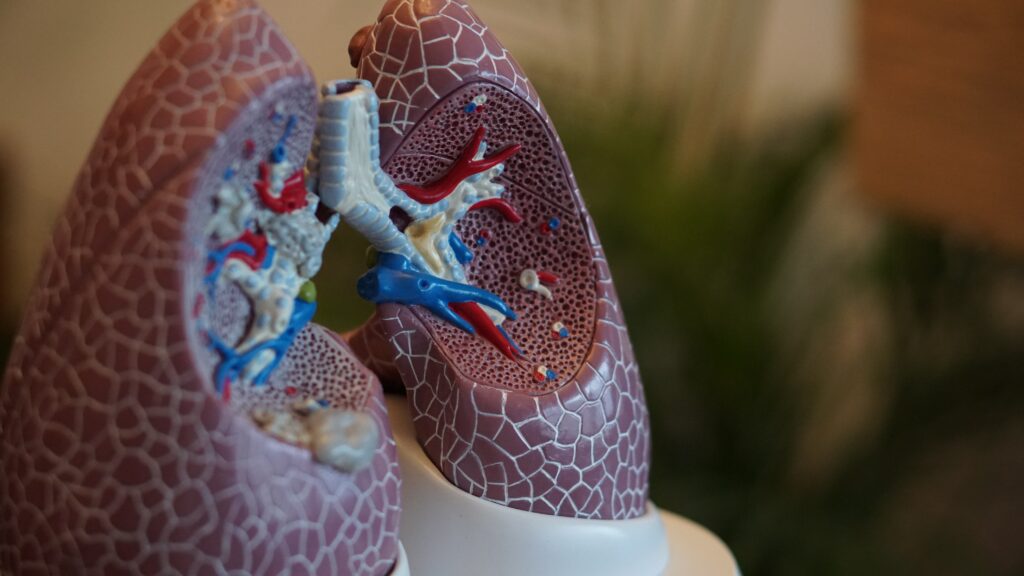
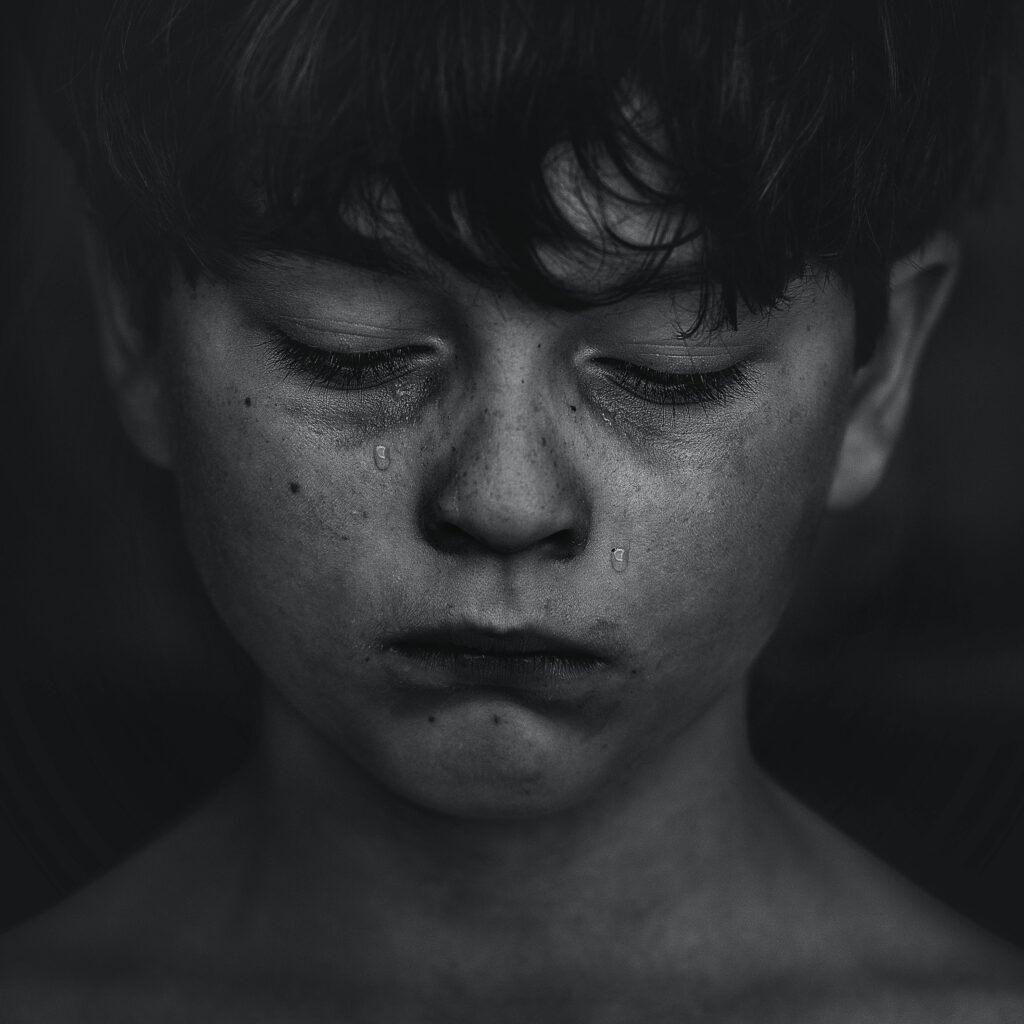
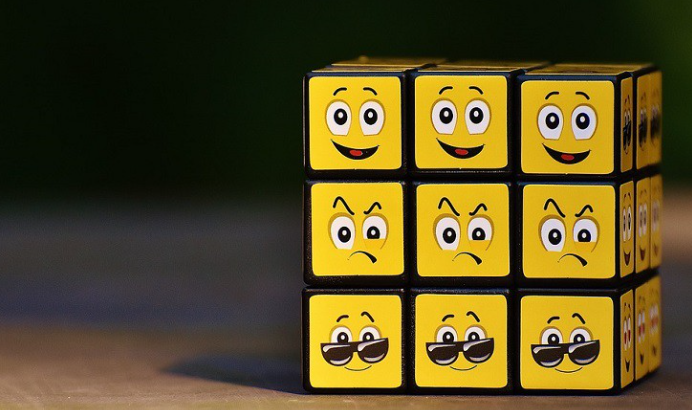
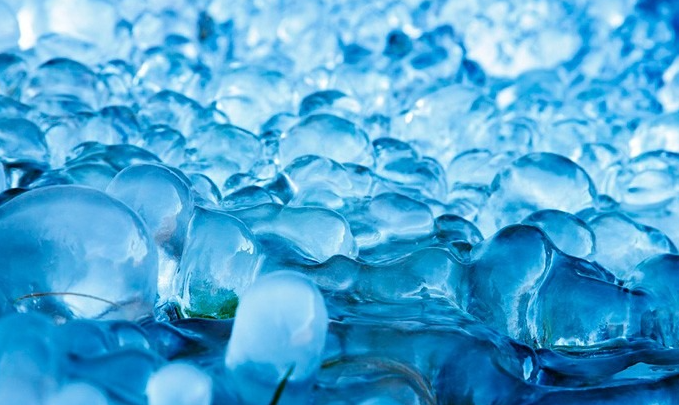
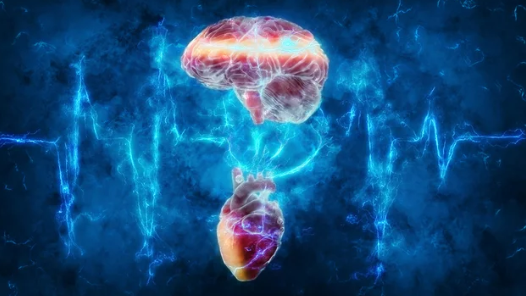
Responses